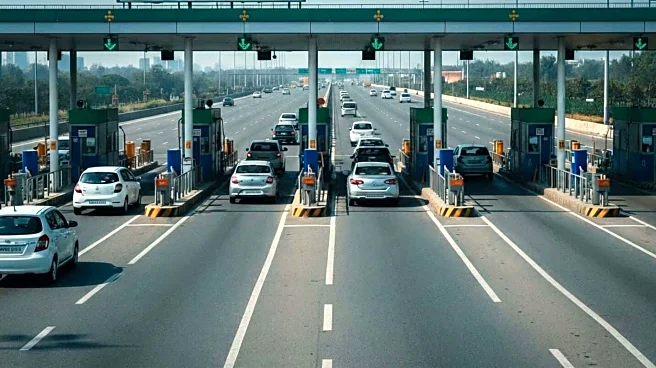For centuries, Bahrain has been where deals were struck—where traders from India, Persia, and Africa haggled over pearls, spices, and silver. Now, it’s where those deals might be settled—not in bustling souks but in sleek courtrooms.
The newly launched Bahrain International Commercial Court (BICC) marks the Gulf nation’s latest pivot—from trading hub to centre for dispute resolution.
The BICC, modelled on Singapore’s International Commercial Court, will hear cross-border commercial cases in English and Arabic, offering global investors a neutral, transparent, and tech-savvy platform for resolution.
For Bahrain, this isn’t just about law—it’s about legacy. The same island that linked ancient trade routes now wants to link modern boardrooms to fair
judgment.
This evolution isn’t accidental at all. As global commerce expands and disputes get more complex, countries are racing to offer something more enduring than tax breaks—legal certainty.
India’s View: Landmark Step in Cementing Trade Ties
India, for one, is watching with interest and participation. At the court’s inauguration in Manama, Union Law Minister Arjun Ram Meghwal called the initiative “a landmark in strengthening India-Bahrain commercial ties”.
“As trade and investment ties grow, the role of arbitration and dispute resolution mechanisms becomes increasingly important to sustain trust and confidence between our business communities,” he said.
He wasn’t exaggerating. India and Bahrain share an ancient connection that predates modern borders—from Indus Valley trade to contemporary commerce worth $2 billion annually. India is now Bahrain’s sixth-largest investor, and a credible, neutral venue for resolving commercial disputes strengthens that bond even further.
Meghwal also drew parallels with India’s own journey. “ADR is no longer just an alternative—it has become a vital and forward-looking instrument of justice delivery,” he said, adding that India is amending its laws to modernise arbitration and mediation systems.
Speaking with CNN-News18 on the sidelines of the event exclusively, the Law Minister emphasised that setting up of the BICC would act as a touchstone for cementing the Indian-Bahrain ties, as many people from various parts of India live in Bahrain.
Adding an Indian flavour to this international experiment is Pinky Anand, former Additional Solicitor General of India, and former Indian Supreme Court judge Sanjay Kishan Kaul, who will now sit among judges of the BICC.
The presence of the Indian judges on the bench brings more than prestige—it signals collaboration, shared legal values, and a recognition that the future of commerce will depend as much on arbiters as on entrepreneurs.
Speaking with CNN-News18, Anand said that till now, the entire cause of action in dispute resolution was centred towards the West, though Dubai was the one to initiate the opening up of Gulf gateways in this field. The BICC is a unique model in its own, with its appeal going to Singapore.
“Bahrain has made a first step forward by not only putting the BICC in place, but by collaborating on the appeal going to the Singapore International Commercial Court (SICC). So, you have a complete collaboration of two different countries to pass on systems to provide systems that resolve disputes in the most efficient, peaceful, and commercially viable position,” said Anand.


/images/ppid_a911dc6a-image-177097556093956718.webp)
/images/ppid_a911dc6a-image-177097552130654225.webp)
/images/ppid_59c68470-image-177097507764227958.webp)
/images/ppid_a911dc6a-image-177097703552553137.webp)













